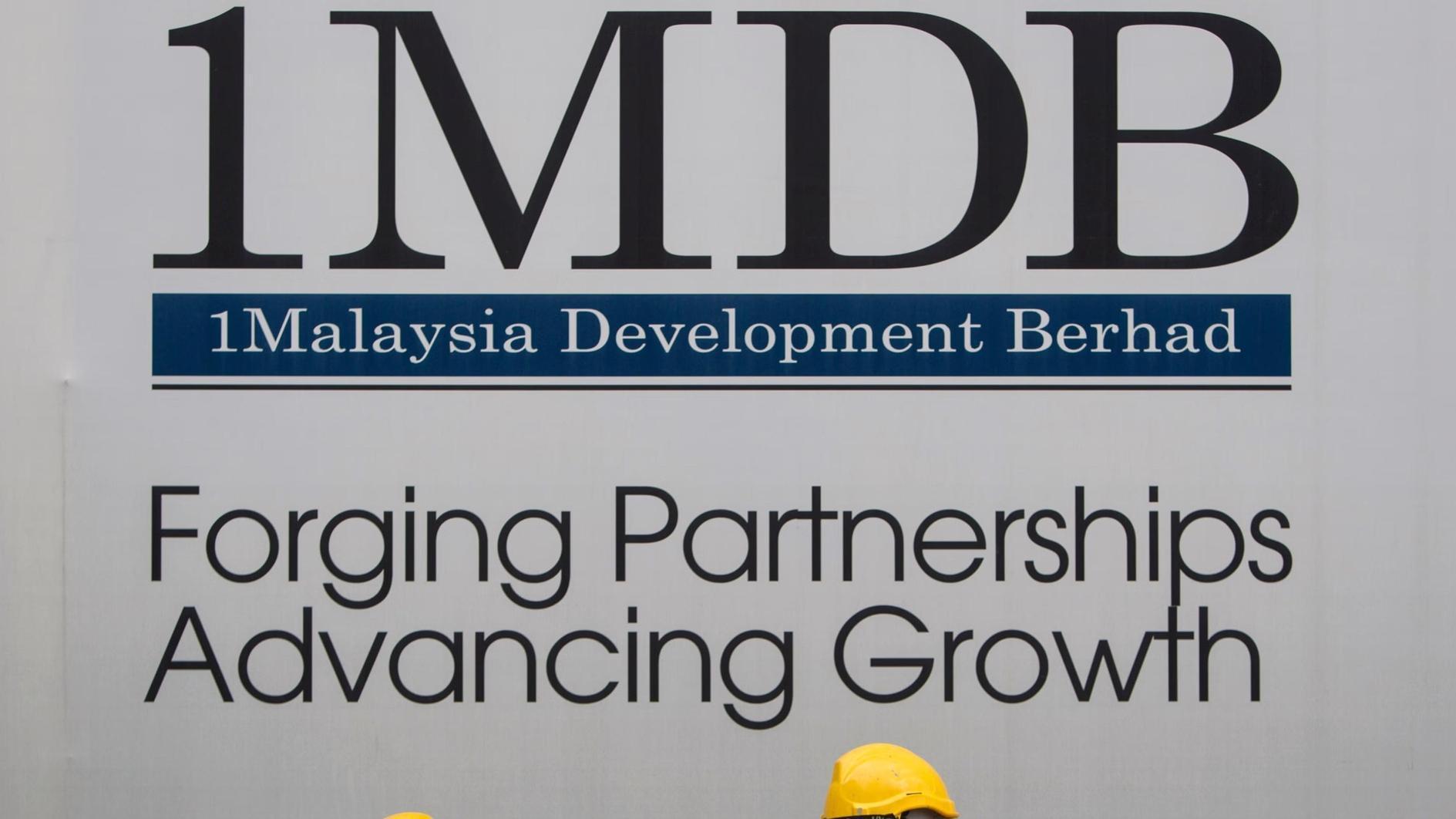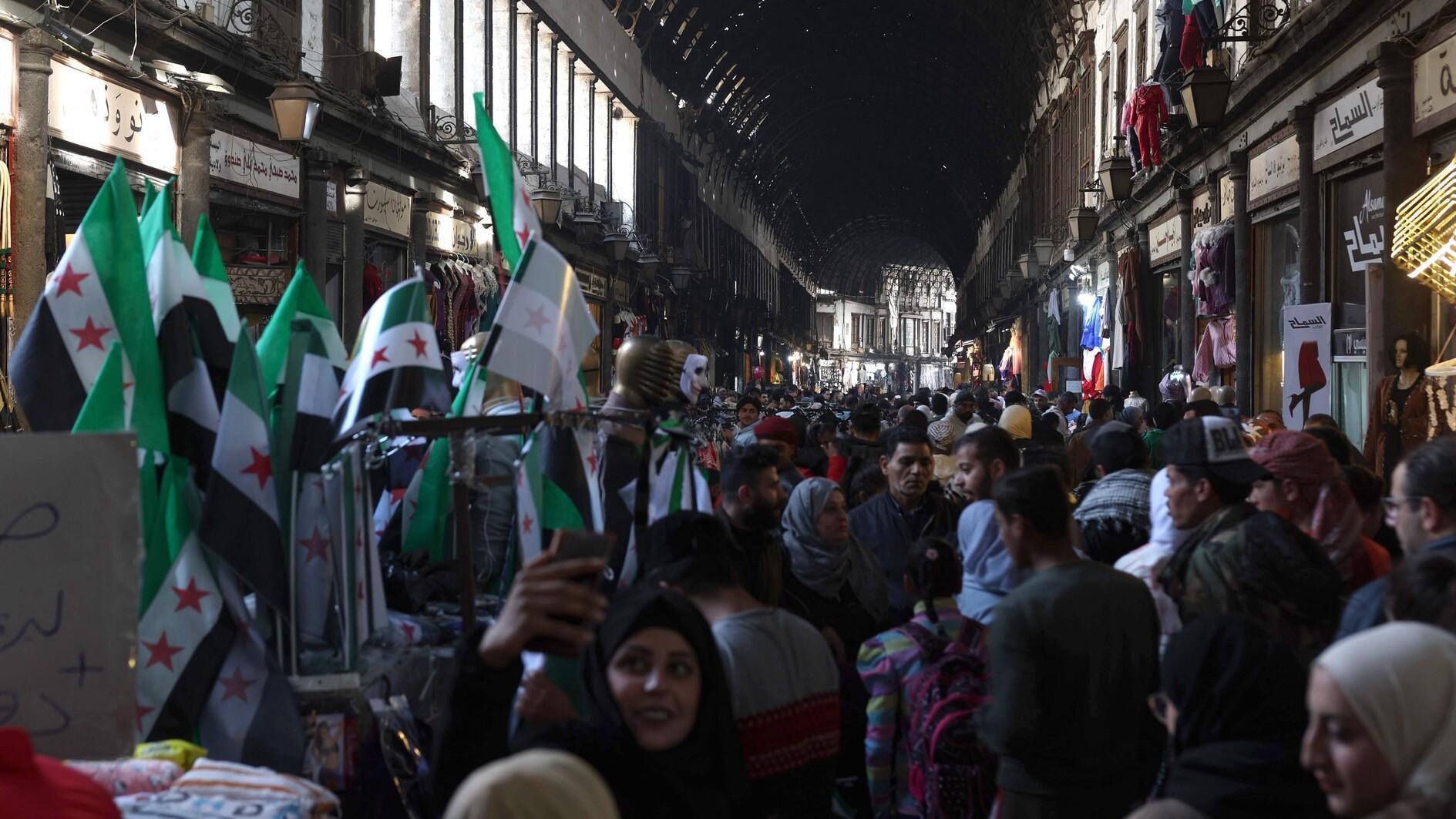How to prevent child rapists and child killers?
We have been hearing about many missing children cases recently in the media. It has now almost reached the point where I want to grab hold of every parent on the street and tell them: “Take care of your child!”
What kind of a childhood did those who kidnap children, torture them, and rape them have?
A tweet that I saw regarding the recent death of four-year-old Leyla Aydemir, who went missing on June 15 in the eastern province of Ağrı, shed some light on the situation. “The children of unhappy, violence-abused pregnant woman are prone to violence. The high level of cortisol affects the development of their emotional system and leads to more frightened children with a tendency toward more violence,” it stated.
When you get to the root of increasing aggression toward children, the problem is with mothers and families. But public services for children and families are so limited, as has been pointed out in a recent joint study undertaken by the Turkish Economic and Social Studies Foundation (TESEV) think tank, Kadir Has University’s Istanbul Studies Center (ISC), and the Bernard van Leer Foundation.
The study maps public services directed at children and their families across Istanbul’s district municipalities. According to the report, there is not a single nursery or psychological counselling unit in the Beykoz district, which accommodates only one health unit. There is no data at all on the number of parks with children’s playgrounds.
In the Çatalca district, the number of nurseries is just one and there is no psychological counseling unit. In the Sarıyer district, there are two health units and psychological counseling unit units, and five nurseries. This study could be a roadmap for the problems of children and families in Istanbul. After all, the foundational stones of the kind of people we will become in the future are laid in early childhood. Weren’t rapists, killers and torturers also children at one point?
The person who shared this map of Istanbul with me was the Bernard van Leer Foundation’s Turkey representative, Yiğit Aksakoğlu. The foundation is a Netherlands-based grant-making organization focusing on early childhood development. Aksakoğlu said it has focused on childhood studies in different regions such as Brazil, Ivory Coast, India, and Turkey.
The foundation’s “Urban95” partnership project in Istanbul aims to strengthen the capacities of four district municipalities – Sarıyer, Maltepe, Sultanbeyli and Beyoğlu – in collaboration with two of Turkey’s best-known universities, Boğaziçi University and Kadir Has University.
The partnership includes home visits by parent coaches to disadvantages families with children up to three years old: A total of 480 family visits in the first stage.
“The 0-3 age is very important for brain development. The interaction of brain cells at those ages is one of the factors affecting social life in future years. For example, scientific studies show that the development of a baby who has maintained eye contact with their nursing mother, heard their voice and felt their love, is different from others,” Aksakoğlu said.
Unfortunately, the number of mothers who are aware of such things is not too high. That is why training for nursing mothers comes to the foreground in home visits as part of the program.
“With a couple of visits, the life of both the mother and the baby changes. Unfortunately, the public sector in Turkey does not make any economic investment for the first three years of a baby,” Aksakoğlu said.
Clearly, our cities are furnished with many new buildings but unfortunately little investment is made for the future of the country: Our children.











